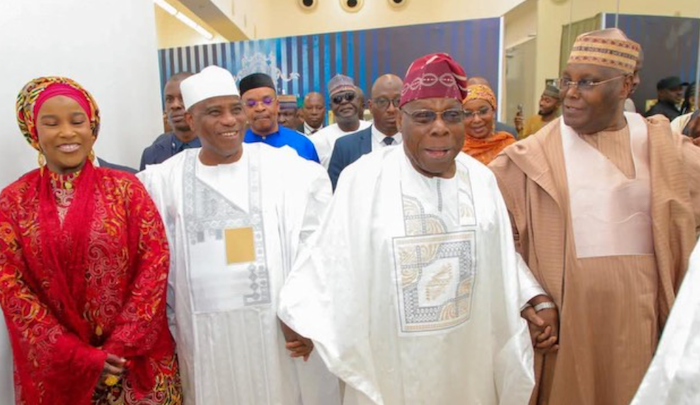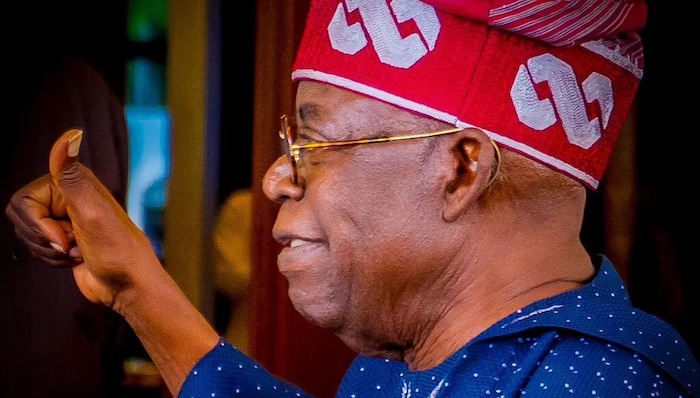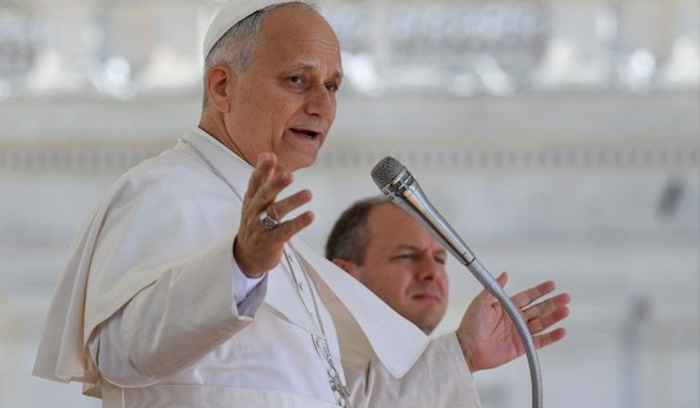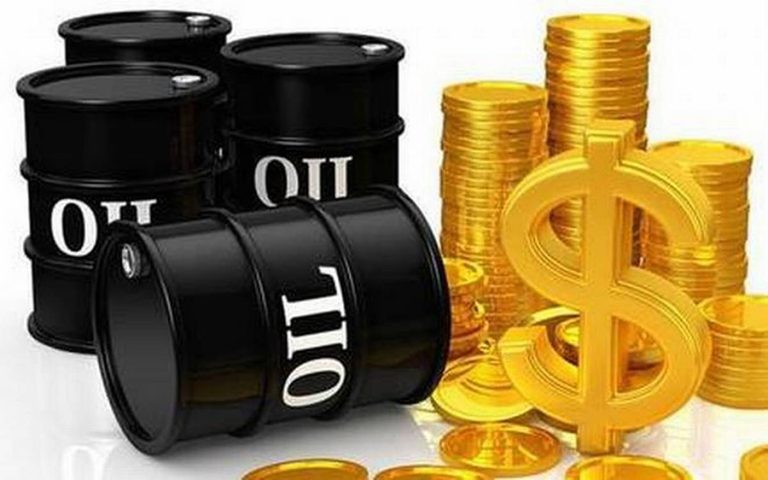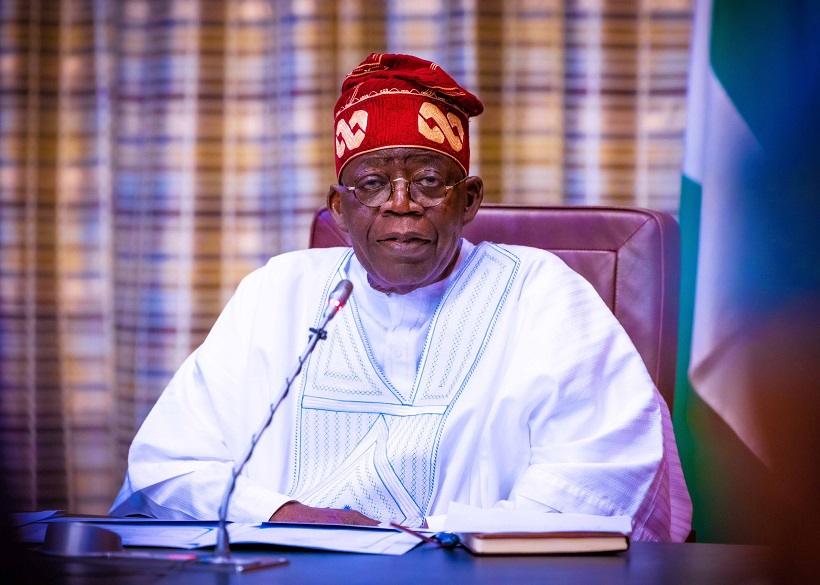
Nigeria has officially become a net exporter, marking a major economic milestone with a trade surplus of ₦7.46 trillion ($4.74 billion) in Q2 2025, a 44.3% increase from the previous quarter and the highest surplus recorded in nearly three years.
This development, announced by President Bola Ahmed Tinubu during his national address on Nigeria’s 65th Independence Day, highlights the country’s ongoing shift away from oil dependency and toward a diversified export base.
“We are now selling more to the world than we are buying, a fundamental shift that strengthens our currency and creates jobs at home,” President Tinubu stated.
According to the President, locally manufactured goods exports surged by 173%, while non-oil exports now account for 48% of federal revenue, gradually closing the gap with oil exports, which currently contribute 52%.
Key Economic Indicators Show Uptrend
President Tinubu highlighted a series of macroeconomic achievements, indicating that Nigeria is on a firm path to recovery and long-term growth:
- External reserves climbed to $42.03 billion in September 2025, the highest level since 2019.
- The country’s tax-to-GDP ratio increased to 13.5%, up from below 10%, with further gains expected when the new tax laws take effect in January 2026.
- GDP grew by 4.23% in Q2 2025, outperforming the IMF’s forecast of 3.4% and marking Nigeria’s fastest growth rate in four years.
- Inflation declined to 20.12% in August 2025, the lowest in three years.
Oil Output Rebounds, Refining Resumes After 40 Years
Nigeria’s oil production has rebounded significantly, rising to 1.68 million barrels per day, up from 1 million bpd in May 2023. The turnaround was attributed to improved security, investor confidence, and better stakeholder engagement in the Niger Delta.
In another historic milestone, the country has refined Premium Motor Spirit (PMS) domestically for the first time in four decades and emerged as Africa’s top exporter of aviation fuel.
Exchange Rate Stabilizes After Years of Volatility
Addressing foreign exchange concerns, the President noted that the Naira has stabilized following several FX reforms and capital inflows.
“The multiple exchange rates that once enabled arbitrage and corruption are now a thing of the past,” Tinubu said. “Our currency is no longer tied to the volatile price of crude oil.”
The gap between the official and parallel market rates has narrowed significantly, helping restore confidence in the FX market.
Social Support for Millions of Households
Under the administration’s Social Investment Programme, over ₦330 billion has been disbursed to support 8 million vulnerable households, with many recipients already receiving two of three ₦25,000 tranches.
🪨 Coal and Solid Minerals Drive Sector Growth
One of the surprise success stories has been Nigeria’s coal mining industry, which bounced back from a 22% contraction in Q1 to 57.5% growth in Q2, making it one of the country’s fastest-growing sectors.
“The solid minerals sector is becoming a key driver of our economy, with greater emphasis on value-added processing,” Tinubu stated.
Massive Infrastructure Push Underway
The administration is also scaling up transportation infrastructure across road, rail, air, and maritime sectors. Key highlights include:
- 284km Kano-Katsina-Maradi Standard Gauge rail line and Kaduna-Kano rail nearing completion.
- Progress on Lagos-Calabar Coastal Highway and Sokoto-Badagry Highway.
- Approval of $3 billion for the Eastern Rail Project.
Growth in rail and water transport has also surged by over 40% and 27%, respectively.
Stock Market Surge, Interest Rates Cut
Nigeria’s stock market has experienced an unprecedented boom, with the All-Share Index rising from 55,000 in May 2023 to 142,000 by September 26, 2025, its highest ever.
President Tinubu noted that sovereign credit rating agencies have upgraded Nigeria’s economic outlook, reflecting restored investor confidence.
“For the first time in five years, the Central Bank cut interest rates down to 27%, signaling macroeconomic stability,” he added.
Non-Oil Revenue Breaks Records
In a notable departure from the country’s long-standing reliance on crude oil, non-oil revenues reached ₦20 trillion by August 2025, meeting the year’s target four months early.
In September alone, the government generated ₦3.65 trillion in revenue, a staggering 411% increase compared to May 2023.
Debt Burden Falls, Fiscal Reforms Pay Off
President Tinubu revealed that the government has significantly reduced Nigeria’s debt service-to-revenue ratio from 97% to below 50%.
Additionally, the administration has begun repaying the controversial ‘Ways and Means’ advances, which had previously strained public finances and fueled inflation.
“By removing the corrupt petroleum subsidy regime, we’ve freed up trillions of Naira now being invested directly into the real economy and social safety nets,” he said.
Final Word: Reform Results Now Evident
Concluding his address, President Tinubu said that 12 major economic milestones have been achieved in just two years, driven by a combination of monetary discipline, fiscal reform, and real-sector investment.
“The reforms we started over two years ago are now delivering results. Our economy is recovering faster than anyone expected.”
